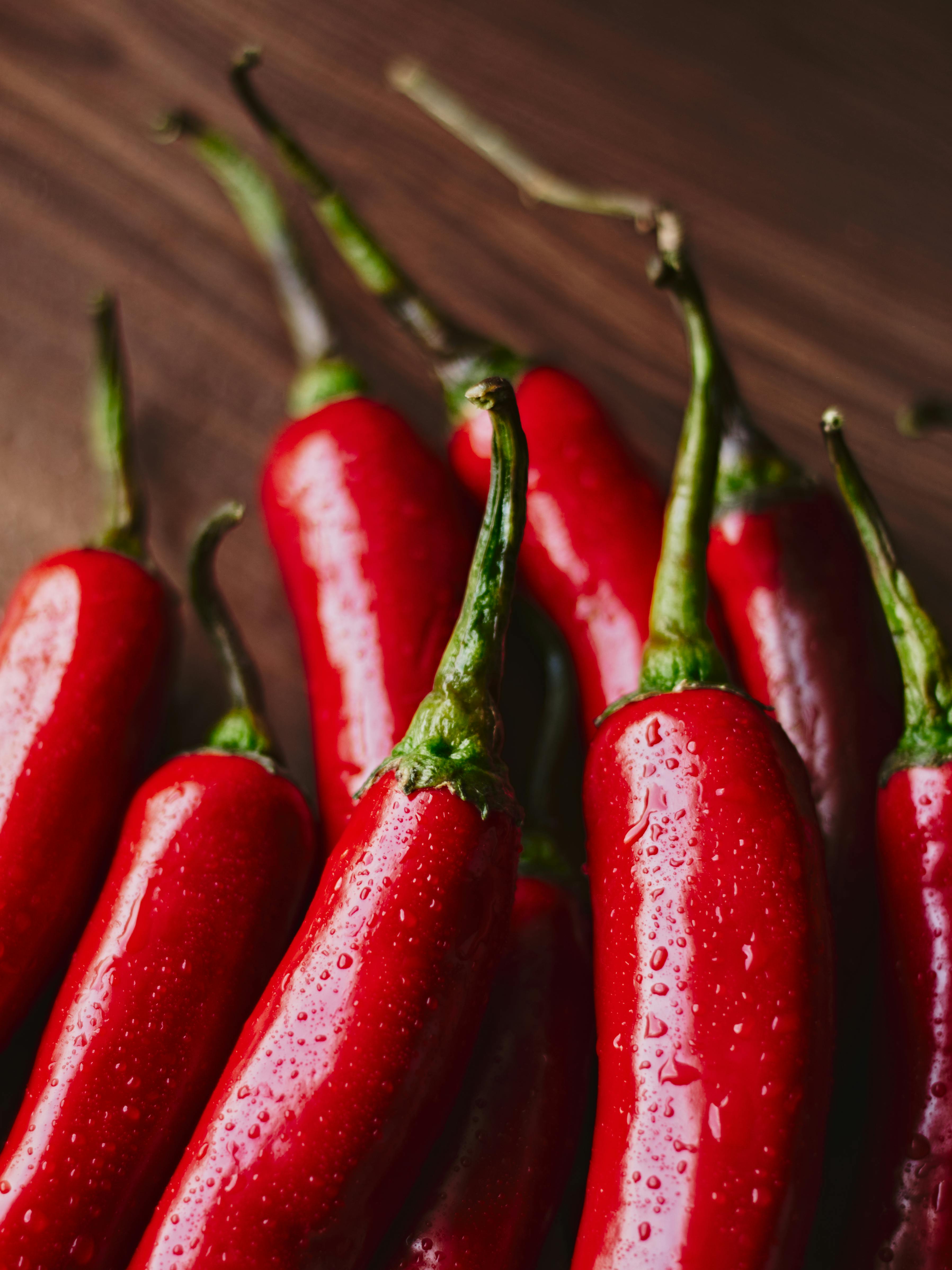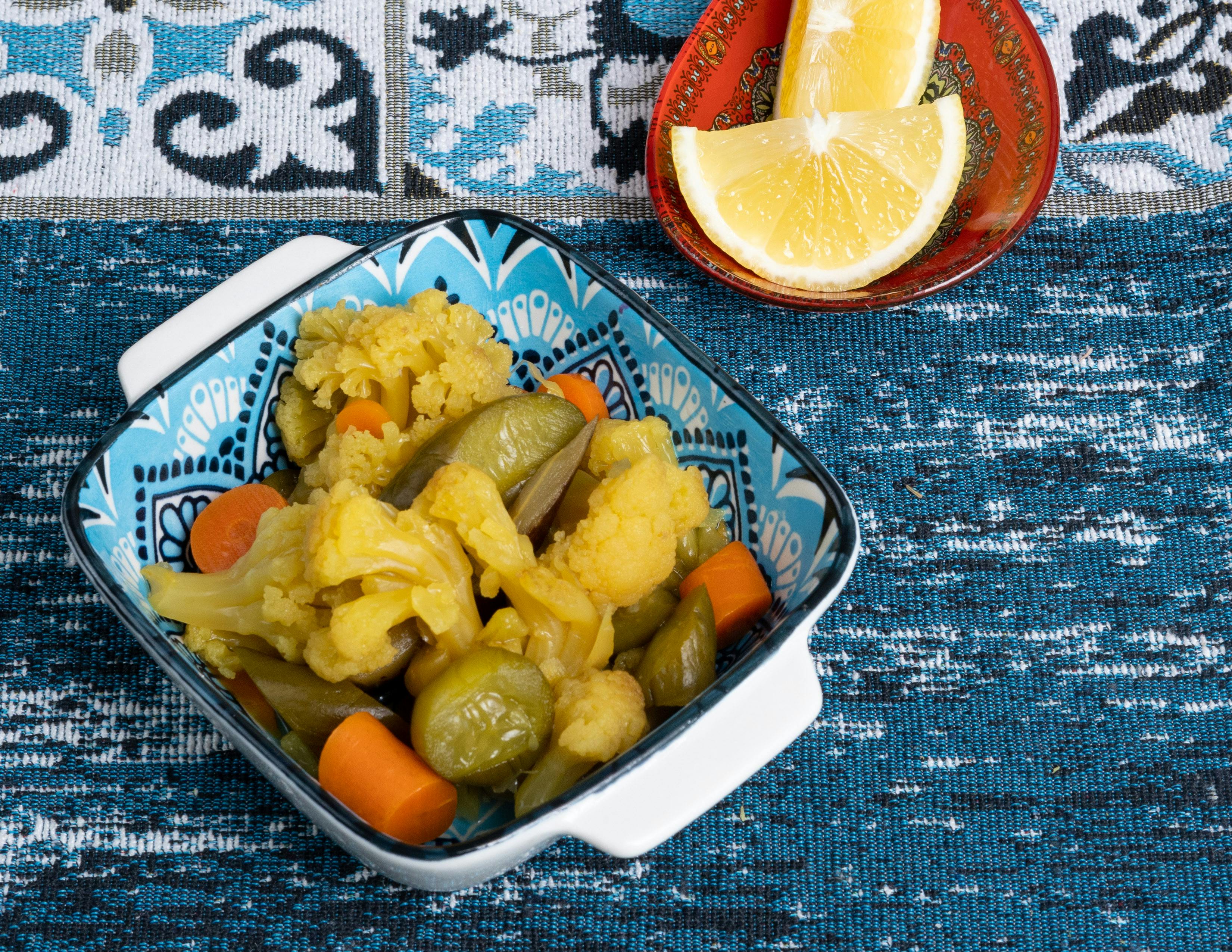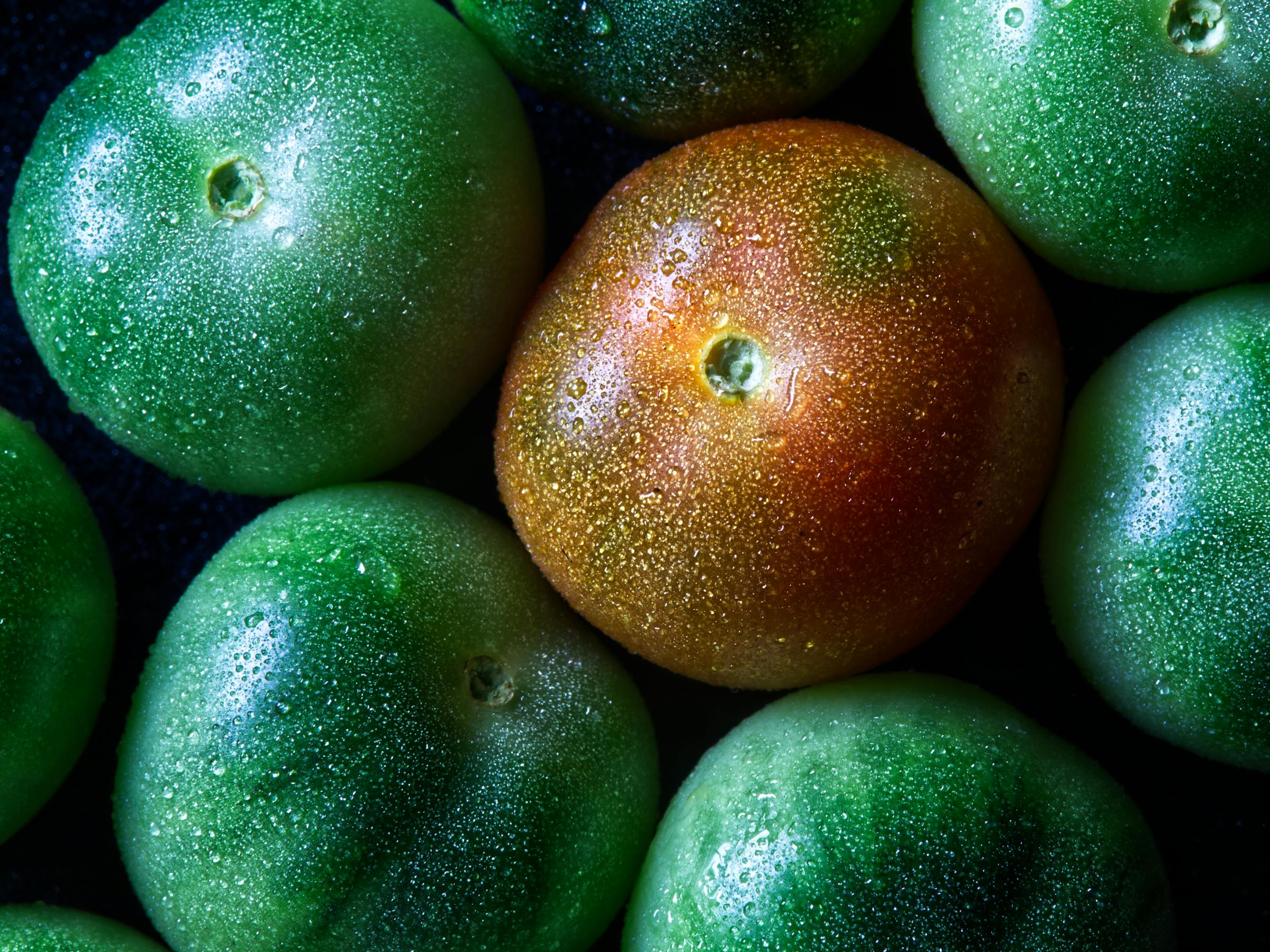
Understanding Dietary Management for Interstitial Cystitis in 2025
Interstitial cystitis (IC) affects a significant number of individuals, leading to chronic pain and discomfort. Often referred to as painful bladder syndrome, IC can severely impact daily life. Therefore, dietary management plays a crucial role in alleviating symptoms and enhancing the quality of life for those diagnosed. This article delves into effective strategies for managing an interstitial cystitis diet, which can offer relief and promote bladder health.
Understanding the right foods and dietary choices is essential for creating an IC diet plan. By knowing which foods to include and which to avoid, individuals can better manage their symptoms. This dietary approach requires a firm grasp on interstitial cystitis friendly foods, hydration techniques, and the incorporation of beneficial nutrients.
Through this guide, we will explore practical dietary recommendations, meal plans, and various strategies for managing IC symptoms effectively. The importance of nutrition in managing interstitial cystitis will be emphasized throughout, helping sufferers pivot towards a healthier lifestyle.
Key takeaways from this guide include: creating a bladder-friendly diet, identifying dietary triggers for IC, learning to prepare interstitial cystitis recipes, and understanding the importance of hydration.
Effective Dietary Choices for Interstitial Cystitis
Building on the fundamentals of managing IC through diet, making wise dietary choices can significantly impact symptom relief. The cornerstone of a successful IC diet plan involves understanding which foods promote health and which can aggravate conditions. Incorporating bladder-friendly snacks into daily routines can be a simple yet effective strategy.
Foods to Include in Your IC-Friendly Diet
Nutrient-rich foods contribute positively to bladder health. Focus on whole foods that are known to support overall wellness, such as:
- Low-acid fruits: bananas, blueberries, and pears are gentle on the bladder.
- Vegetables: leafy greens, carrots, and broccoli are packed with essential nutrients that help reduce inflammation.
- Healthy fats: omega-3 fatty acids from fish or flaxseed support inflammation reduction.
- Whole grains: brown rice and oats provide fiber while aiding in digestion.
Experimenting with new recipes can encourage a greater variety of accepted foods in the diet.
Foods to Avoid with Interstitial Cystitis
Equally important to know is what foods to steer clear of. Certain items can act as bladder irritants, worsening symptoms. These include:
- Caffeinated beverages: coffee and strong teas may contribute to increased urgency.
- Spicy foods: while delicious, they often lead to discomfort.
- High-acid foods: citrus fruits and tomatoes can trigger flare-ups for many.
- Processed snacks: often high in preservatives that can irritate the bladder.
Being mindful of personal responses to various foods is crucial in navigating dietary sensitivities.
Importance of Hydration for Bladder Health
Staying hydrated is vital in managing interstitial cystitis. Adequate water intake can dilute urine, reducing the concentration of irritants. It's essential to strike a balance, as excessive drinking may lead to increased bathroom visits. Aiming for consistent hydration throughout the day can help regulate symptoms. Visual aid showing hydration techniques.
Meal Planning and Preparation Techniques
Preparing meals in advance not only saves time but also helps ensure that your dietary choices align with your health goals. Techniques such as batch cooking allow individuals to have healthy options readily available. Consider the following while planning:
- Creating an IC-friendly grocery list ensures you purchase appropriate foods.
- Utilizing cooking methods that are gentle on the stomach, like steaming and baking, can preserve nutrients.
- Incorporating herbs, such as ginger and turmeric, can add flavor while providing anti-inflammatory benefits.
Strategies for Managing IC Symptoms through Diet
With a firm understanding of food choices, individuals can further explore strategies that help manage interstitial cystitis symptoms effectively. By tailoring diets to fit personal triggers, patients can potentially achieve symptom relief.
Identifying Dietary Triggers
Keeping a food diary can greatly assist in identifying personal dietary triggers. By noting what you eat along with corresponding symptoms, patterns may emerge that reveal specific irritants. Common culprits often include:
- Sweeteners like aspartame, found in many low-calorie beverages.
- Alcohol, which can accelerate bladder irritation.
This feedback loop can help streamline an interstitial cystitis meal plan tailored to individual needs.
Incorporating Probiotics into the Diet
Probiotics can play an exciting role in managing interstitial cystitis. These beneficial bacteria contribute to gut health, which may positively influence bladder health. Introducing foods such as:
- Yogurt and kefir: easily incorporated into various snacks.
- Fermented vegetables: like sauerkraut and kimchi offer great alternatives.
Exploring different sources can yield pleasant discoveries that support good health.
Exploring Anti-Inflammatory Diets
As inflammation is a significant aspect of IC, embracing an anti-inflammatory diet can be beneficial. Focus on integrating items like:
- Fatty fish: salmon and mackerel, rich in omega-3s.
- Berries: antioxidants found in foods like strawberries and blueberries.
This diet can be incredibly impactful in reducing flare-ups and maintaining overall health.
Mindful Eating Practices
Practicing mindfulness during meals can enhance the eating experience and allow for better metabolism. Paying attention to hunger and satiety cues and truly savoring food can change how individuals interact with their diets.
Practical Tips for Living with Interstitial Cystitis
With the groundwork laid for dietary management, several practical tips can enhance daily living with IC. By striving for consistency and awareness in dietary habits, individuals can significantly manage their condition.
Building a Supportive Food Community
Engaging with others living with IC can provide invaluable support and insights into dietary practices. Online forums and local support groups offer opportunities to share experiences, recipes, and coping strategies.
Exploring Community Resources for IC Education
Many organizations offer workshops and educational resources tailored toward IC sufferers. This knowledge can empower individuals to take charge of their dietary needs effectively. For instance, educational webinars can provide expert advice on navigating the complex world of nutrition.
Maintaining Integrity in Dining Out
Dining out can pose challenges when managing an IC diet. However, being proactive can lead to enjoyable experiences. Here are strategies to consider:
- Communicate dietary restrictions with restaurant staff.
- Research menus ahead of time to identify potential meals.
- Bring personal snacks or food when traveling.
Crafting an Interstitial Cystitis Meal Plan
Creating a structured meal plan can streamline grocery shopping and reduce decision fatigue during busy days. A sample meal plan might include:
- Breakfast: oatmeal with blueberries.
- Lunch: quinoa salad with spinach and grilled chicken.
- Dinner: baked salmon with steamed broccoli and sweet potatoes.
- Snacks: yogurt with honey or rice cakes.
This approach can increase compliance with a dietary regimen and offer variety.
Q&A: Common Questions About the Interstitial Cystitis Diet
As many individuals navigate the landscape of interstitial cystitis, a few common inquiries arise frequently. Here, we address these questions, providing clear insights into dietary management strategies.
1. What are the best beverages for someone with interstitial cystitis?
Staying properly hydrated is essential for bladder health. The best beverages include:
- Water: always the best option for hydration.
- Coconut water: offers electrolytes without irritation.
- Herbal teas: soothing options like chamomile or ginger.
2. Can a gluten-free diet help manage IC symptoms?
Some individuals report symptom relief on a gluten-free diet, especially those with sensitivities. Consult with a nutritionist to tailor dietary choices effectively.
3. How do probiotics impact interstitial cystitis?
Probiotics support a healthy gut microbiome, contributing to overall wellness. Regular incorporation of probiotic-rich foods can aid in managing inflammation and maintaining bladder health.

4. What types of diets are recommended for nutrition for interstitial cystitis?
Focusing on an anti-inflammatory diet for IC, incorporating high-fiber foods, and managing acid intake are recommended strategies. Tailoring these elements to personal needs provides the best results.
5. How should I manage my IC diet when traveling?
Planning ahead is key. Consider preparing personalized snacks and researching dining options in advance to ensure you have safe and satisfying meals available.
